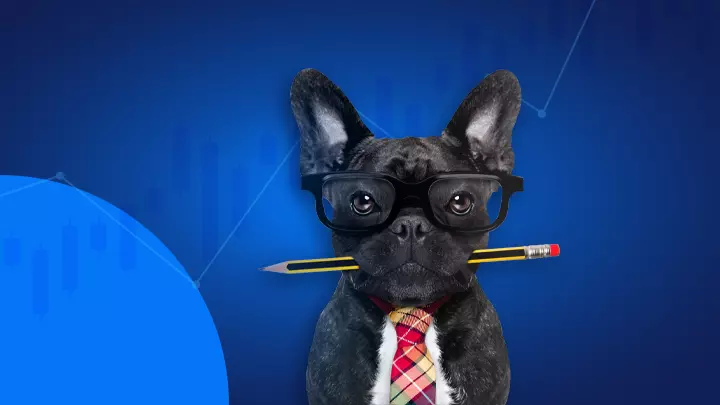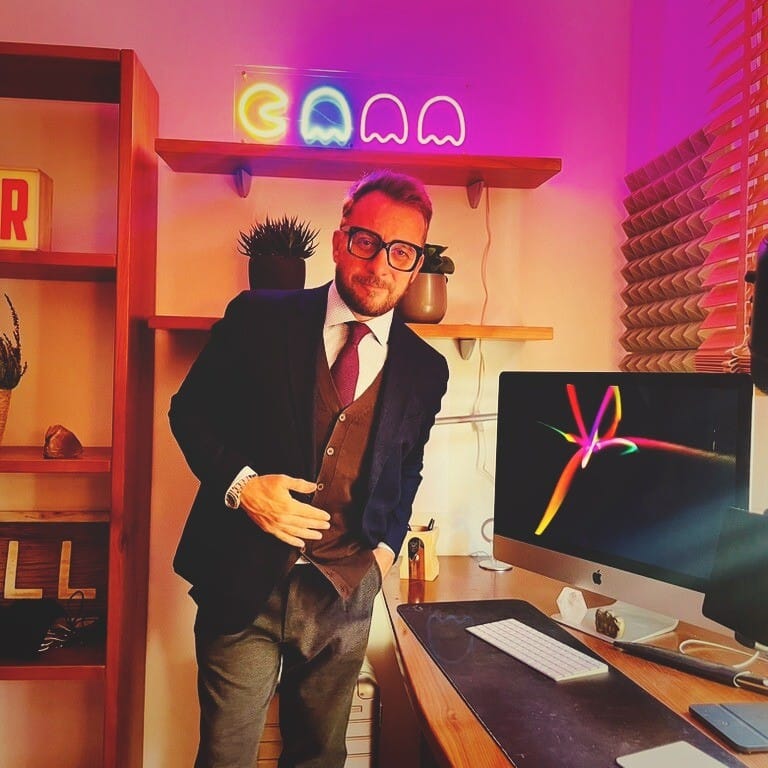Man's Best Friend Outperforms AI: Dog's Day on the Stock Market
A rescue dog named Freddy outperformed an AI in stock portfolio selection, offering a glimmer of hope for those wary of the relentless march of technology.

Artificial intelligence (AI) has made significant strides in various fields, from charming solitary individuals and crafting Hollywood scripts to creating convincing renditions of Oasis songs. However, a recent experiment in Germany has shown that these systems are yet to master the art of stock portfolio selection, at least when compared to a rescue dog. This result offers a glimmer of hope for those who fear the relentless march of AI, demonstrating that there are still areas where the human touch - or in this case, a dog's instinct - reigns supreme.
In this unique experiment, an eight-year-old Maltese mix named Freddy, who chose stocks based on the placement of treats on paper slips, significantly outperformed the stock recommendations of ChatGPT, an AI system. Over a six-week period, Freddy's returns were nearly quadruple those of the AI.

The question of whether skill and knowledge truly outperform chance in the financial markets has been a topic of debate since the mid-19th century. Various experiments have shown schoolchildren, animals, and even randomly thrown darts outperforming human experts. This recent experiment adds another layer to this debate, suggesting that even in an era of advanced AI, there's still room for the unpredictability and intuition that animals, like Freddy, can bring to the table.
In this recent experiment, German magazine WirtschaftsWoche pitted Freddy against ChatGPT in a unique competition. Each competitor was given a hypothetical budget of €19,000 to invest in shares of 15 companies.
ChatGPT, which isn't designed to provide specific investment advice, offered to create a "diversified portfolio of stocks [in firms] that demonstrate solid accounts, have growing sales, remain profitable and have a high market capitalisation". Its selections, which included tech giants like Apple and Amazon as well as consumer-focused businesses like McDonald's and CocaCola, yielded a modest 3.5 per cent return.
Freddy, however, who spent his early years as a stray on the streets of Istanbul, made bold bets on energy, AI, and tech hardware. Despite some losses in bitcoin and oil, his investments in Nvidia, a high-end chipmaker, and Uniper, a struggling German energy conglomerate, proved highly profitable.
With a total return of 13.5 per cent, Freddy not only outperformed the AI but also the majority of traditional investment funds. "He did a great job," said Ali Masarwah, director of the Envestor fund platform. "I’d rather trust Freddy than the AI with my money."
This unexpected result serves as a reminder that while AI has made impressive strides, there are still areas where it falls short. For those who fear the relentless progress of AI, Freddy's success story offers a comforting reassurance: there are still some things that a good old-fashioned dog's instinct can do better.


